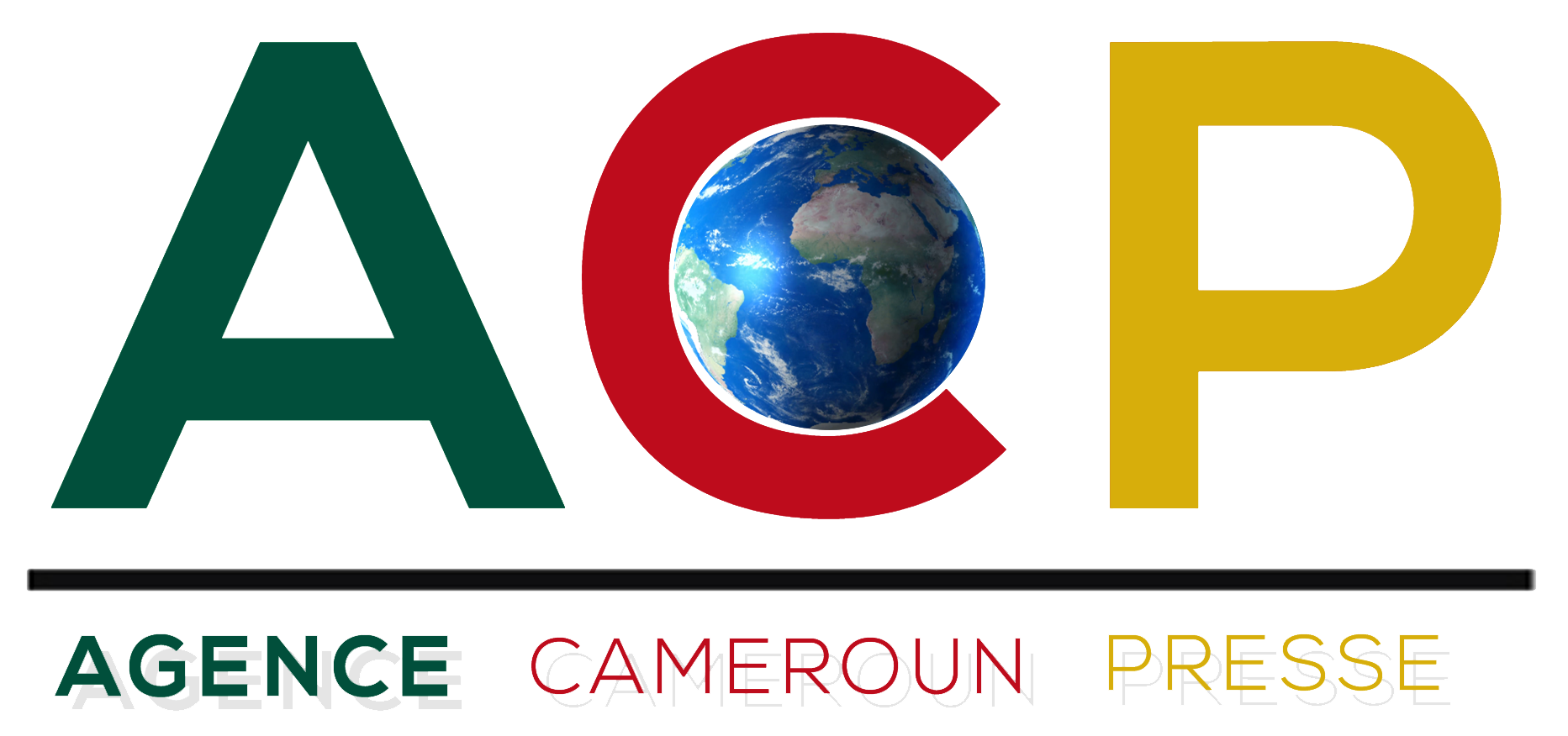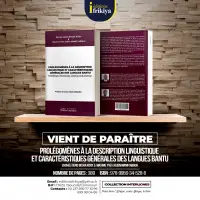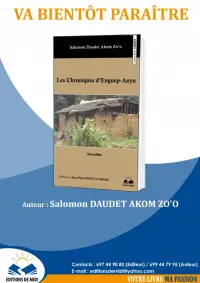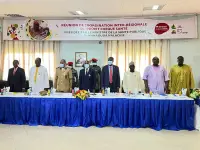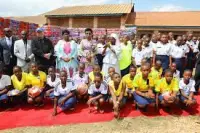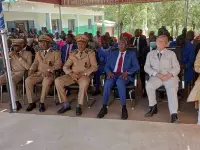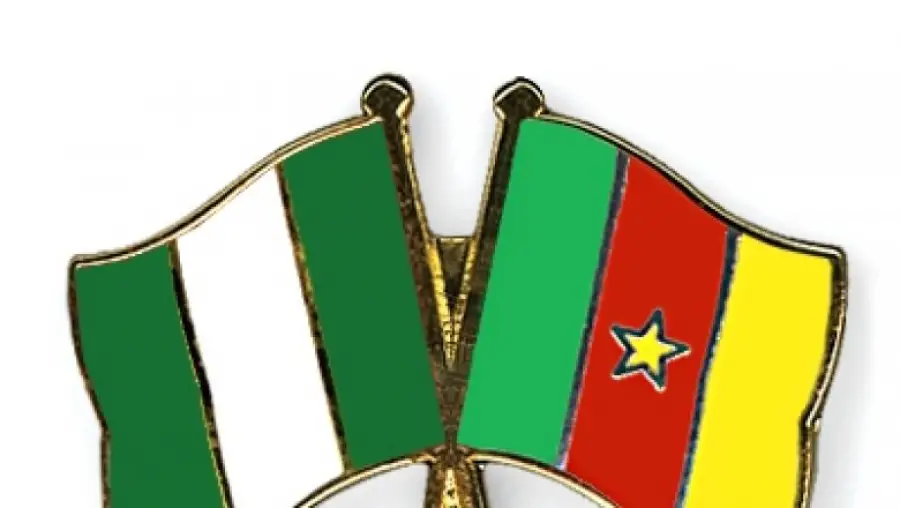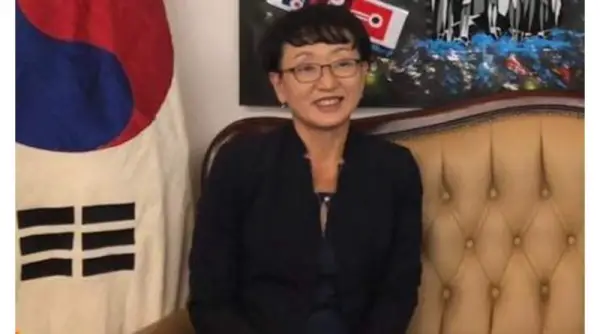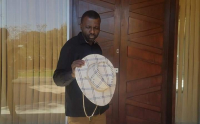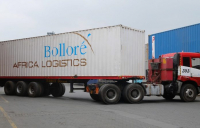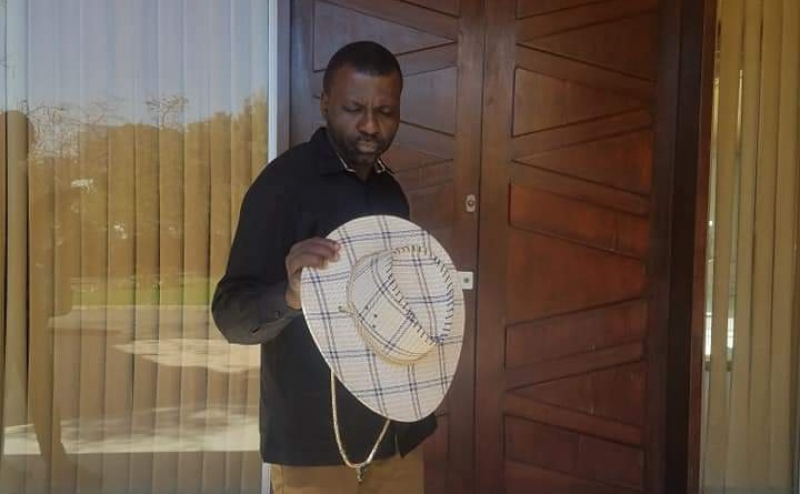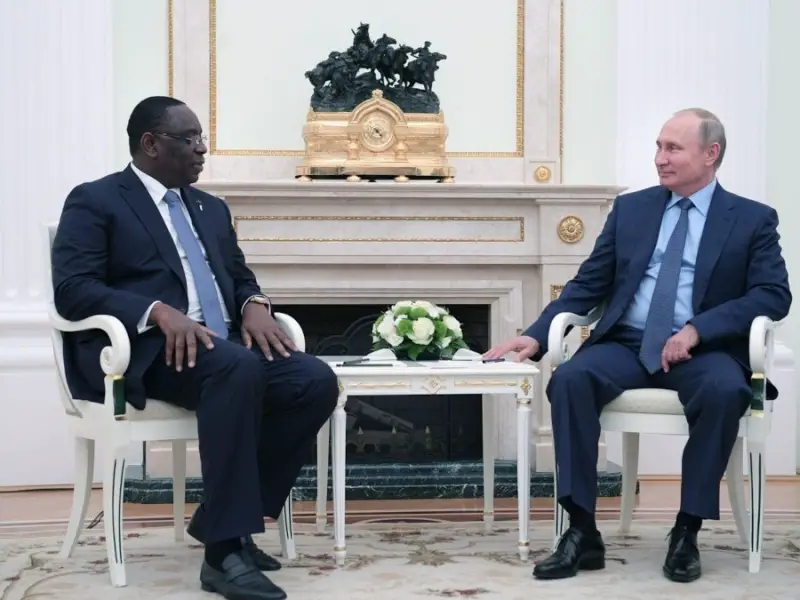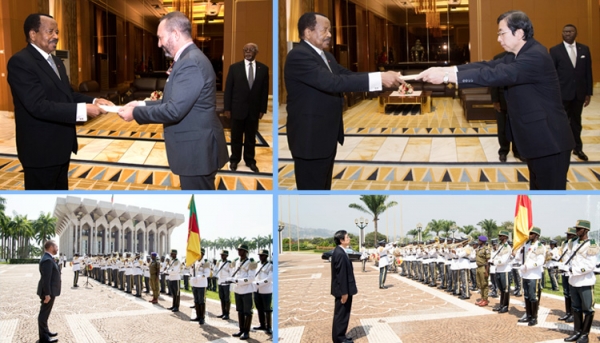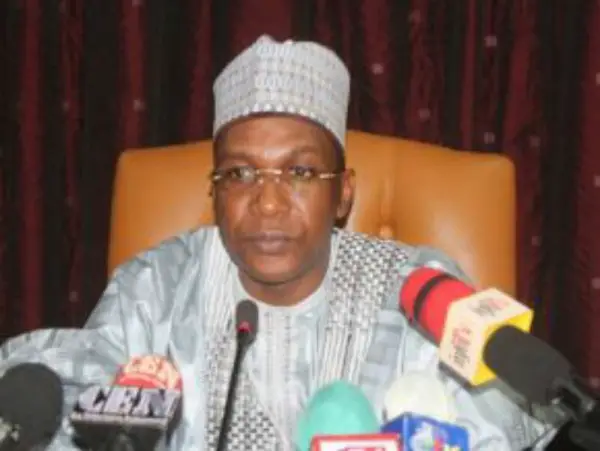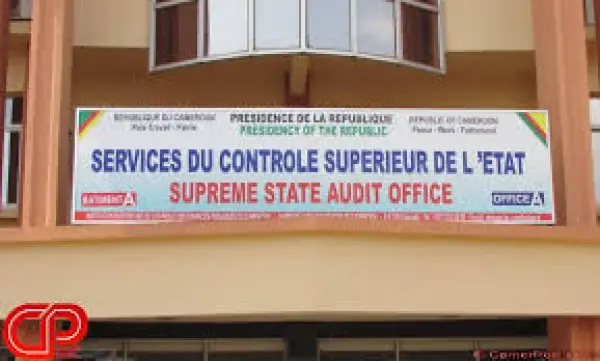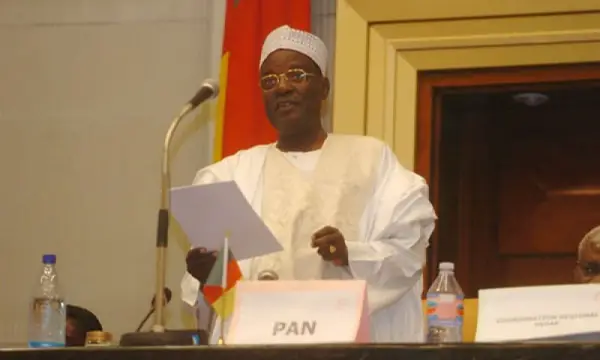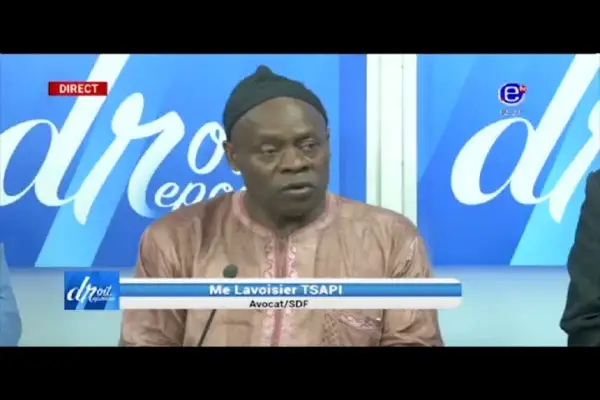Cameroon and Nigeria will in the months ahead hold a meeting of the Cameroon Nigeria Mixed Commission, (CNMC) to examine the outstanding issues and finalize the delineation project some 19 years after the judgment of the International Court of Justice (ICJ) on the boundary dispute opposing both nations.
The information was made known Thursday August 5 at the end of a four-day working mission to Abuja (Nigeria) and Yaounde (Cameroon) by the Special Representative of the Secretary-General, also Head of the United Nations Office for West Africa and the Sahel (UNOWAS) and Chairman of the CNMC, Mahamat Annadif.
On behalf of the United Nations, Mahamat Annadif commended the work done jointly by the two countries and their renewed commitment to the peaceful resolution of their border dispute.
“The work undertaken by the Cameroon-Nigeria Joint Commission (CNMC) is exemplary. I encourage both delegations to intensify their efforts to finalize the demarcation process (of the border), which is a guarantee of sub-regional stability,”
In his capacity as Chairman of the CNMC, Annadif maintained, “demarcation must be an opportunity for a development program that takes into account the needs and improves the living conditions of the populations concerned.”
He also insisted on the need to support the populations living on both sides of the border and to consolidate confidence between them, reaffirmed the UN’s support for the two countries, and welcomed the acceptance by both delegations of the holding of a meeting of the CMCN next November to examine the outstanding issues and finalize the delineation project.
The CNMC was established in November 2002 by the UN Secretary-General at the request of Presidents Paul Biya and Olusegun Obasanjo of Cameroon and Nigeria respectively.
It aims at facilitating the implementation of the October 10, 2002 judgment of the International Court of Justice (ICJ) on the Cameroon-Nigeria boundary dispute.
Its mandate covers the fields of;
- Demarcation of the land boundary and delimitation of the maritime boundary between the two countries.
- Withdrawal of troops and transfer of authority in the Lake Chad area, along the land boundary and in the Bakassi Peninsula.
- Addressing the situation of populations affected by the demarcation activities.
- Development of recommendations on confidence-building measures aiming at promoting peaceful cross-border cooperation.
To date, 2,001 kilometers of boundary have been surveyed and agreed upon by the Parties (the total boundary is believed to be approximately 2,100 kilometers long).
S.K.
